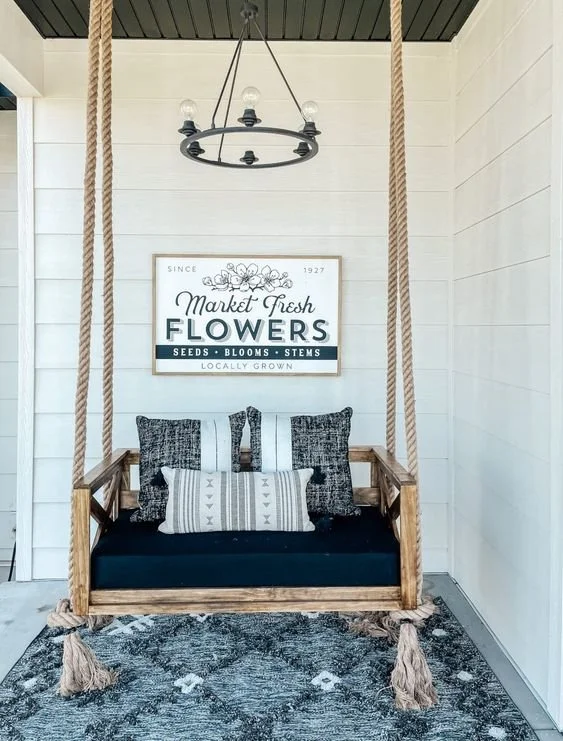Managing multiple rental arbitrage properties can be a lucrative and exciting business venture, but it comes with its own unique set of challenges. As an entrepreneur in the rental arbitrage industry, it's crucial to have the right tools and strategies in place to successfully manage multiple properties. In this post, we'll share with you some tips and tricks for managing multiple rental arbitrage properties effectively. From standardizing your processes to outsourcing cleaning and maintenance services, we'll provide you with the essential strategies to optimize your operations, increase your profitability, and create an exceptional guest experience. Let's dive in!
First, let’s understand what rental arbitrage is. Rental arbitrage is a business model where an entrepreneur leases the property from a landlord or property owner, then rents it out on a short-term basis to guests for a higher rate than they pay in rent. This strategy allows the entrepreneur to generate a profit by essentially subleasing the property to vacationers or business travelers.
Here's an example to illustrate how rental arbitrage works: Let's say that Sarah is a rental arbitrage entrepreneur. She leases a three-bedroom apartment in a popular tourist destination from a landlord for $2,500 per month. After furnishing the apartment and creating a listing on Airbnb, Sarah rents out each bedroom separately to travelers for $150 per night, with a minimum stay of two nights. Assuming that each bedroom is occupied for 20 nights per month, Sarah's monthly revenue would be $9,000 ($150 per night x 3 bedrooms x 20 nights per month).
After accounting for cleaning and maintenance expenses, utilities, and other overhead costs, Sarah's net profit would be around $4,000 per month. This means that she is generating a profit of $1,500 per bedroom, even after paying the monthly rent to the landlord.
Rental arbitrage is a popular business model because it allows entrepreneurs to generate passive income without having to own property. However, it's important to note that this strategy involves some risks and challenges, such as legal regulations and competition from other rental arbitrage entrepreneurs. To be successful in rental arbitrage, entrepreneurs need to stay up to date with the latest trends in the industry, provide exceptional guest experiences, and be strategic in their pricing and marketing efforts.
Standardize Your Processes
Standardizing your processes is essential to effectively managing multiple rental arbitrage properties. By establishing a standardized process, you ensure that all properties are being managed in the same way. This helps you stay organized and streamlines your operations, making it easier to manage multiple properties at once.
Utilize a Property Management System
A property management system can be a valuable tool in managing multiple rental arbitrage properties. It allows you to keep track of bookings, reservations, and maintenance requests across all properties in one centralized location. This helps you avoid double bookings, reduce maintenance response times, and keep track of rental income.
Hire a Virtual Assistant
Hiring a virtual assistant can be a cost-effective way to manage multiple rental arbitrage properties. A virtual assistant can handle administrative tasks such as responding to guest inquiries, managing bookings, and coordinating cleaning and maintenance services. This allows you to focus on other aspects of your business and frees up your time.
Use a Channel Manager
A channel manager is an essential tool for managing multiple rental arbitrage properties. It allows you to synchronize availability and rates across multiple booking channels, including Airbnb, Booking.com, and Expedia. This ensures that all of your properties are listed on multiple platforms and helps you avoid overbooking or underbooking.
Implement Automated Systems
Implementing automated systems can help you manage multiple rental arbitrage properties more efficiently. For example, you can use automation to schedule cleaning and maintenance services, send automated responses to guest inquiries, and automate financial reporting. This helps you save time and reduces the likelihood of errors.
Outsource Your Cleaning and Maintenance
Outsourcing cleaning and maintenance services can be a great way to manage multiple rental arbitrage properties. By hiring a professional cleaning and maintenance company, you can ensure that your properties are always clean and well-maintained. This helps you avoid the stress of managing cleaning and maintenance yourself and frees up your time to focus on other aspects of your business.
Focus on Guest Experience
Guest experience is critical to the success of your rental arbitrage business. By focusing on creating an exceptional guest experience, you can ensure that your guests leave positive reviews, recommend your properties to their friends, and return to book again. This can help you build a loyal customer base and increase your rental income.
Monitor Your Financials
Monitoring your financials is essential to managing multiple rental arbitrage properties. You need to keep track of rental income, expenses, and profit across all properties to ensure that your business is financially sustainable. By monitoring your financials, you can identify areas where you need to cut costs or increase revenue to optimize your business operations.
Conclusion
Managing multiple rental arbitrage properties can be a complex task, but by implementing the tips and tricks we've shared, you can optimize your operations and increase your profitability. From standardizing your processes to outsourcing cleaning and maintenance, using property management systems, and focusing on guest experience, these strategies will help you efficiently manage your properties and create a loyal customer base. Remember to monitor your financials and stay up to date with the latest trends in the industry to continue to improve and grow your business. With the right tools and strategies, managing multiple rental arbitrage properties can be a rewarding and profitable venture.
Guest Contributor: Amelia Brown















